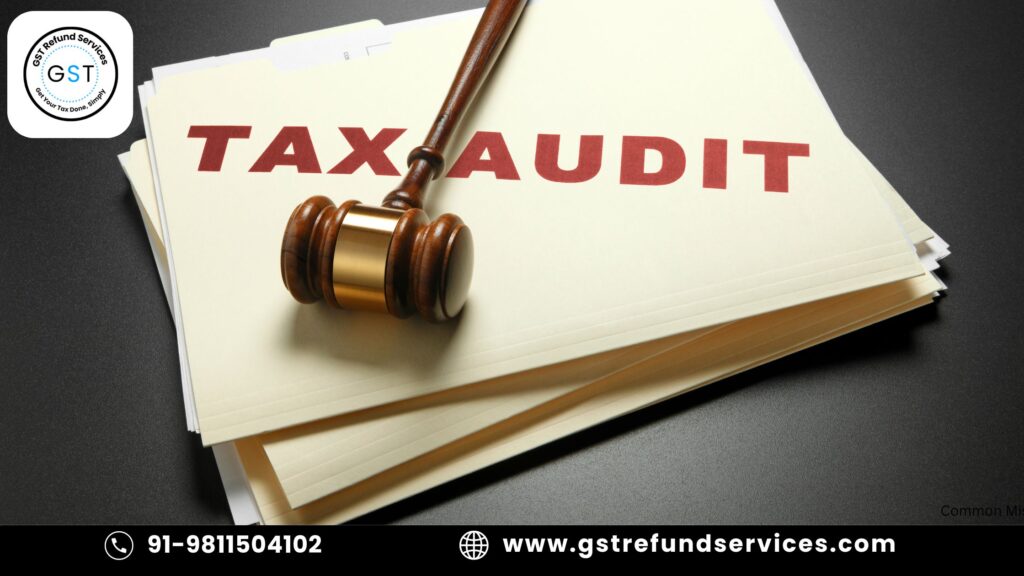
For every company, tax audits can be a very stressful process. Even though audits are a necessary component of the tax procedure, being ready can have a big impact on the result. In 2024, being aware of the typical traps that arise during a tax audit can help you steer clear of expensive errors and guarantee a more seamless procedure. Here are a few crucial errors to steer clear of:
1. Not Making Enough Preparation
Not being sufficiently prepared is one of the biggest errors. Make sure that all pertinent records and documentation are arranged and easily accessible prior to the audit starting. This covers receipts, financial statements, and letters to the tax authorities. Being organized can facilitate the audit process and show diligence.
2. Not Understanding the Scope of the Audit
Each audit may focus on different aspects of your financial activities. Understanding the scope of the audit is crucial. Review the notice or communication from the tax authority to determine what is being audited and gather the relevant documents accordingly. Misunderstanding the scope can lead to incomplete submissions and complications.
3. Neglecting to Review Past Returns
Tax auditors will often review multiple years of tax returns. Neglecting to review past returns can be problematic if there are discrepancies or errors. Ensure that you thoroughly review your previous returns and address any inconsistencies or issues before the audit.
4. Ignoring the Need to Maintain Records
Maintaining accurate records is necessary for a successful audit. Verify that every record is current and complies with tax laws. This involves keeping precise records of one’s earnings, outlays, and deductions. During the audit, improper record-keeping may cause problems and penalties.
5. Giving False or Incomplete Information
When it comes to tax audits, accuracy is crucial. Giving false or partial information may result in fines, delays, or more investigation. Before submitting, make sure that all the information is correct and consistent with your financial records.
6. Disregarding Tax Authorities’ Communications
Ignoring tax authorities’ requests or conversations can have unfavorable effects and cause problems. Keep lines of communication open and direct with the auditors while swiftly attending to any requests.Keeping an open line of communication can help address issues quickly and efficiently.
7. Ignoring Professional Counsel
Tax audits may be difficult and complicated. It can be very expensive to ignore the advice of a tax consultant or accountant. Experts can offer direction, clarify your rights, and help you successfully navigate the audit process.
8. Ignoring Your Rights
Knowing your rights as an individual is crucial during a tax inspection. This covers your entitlement to information, privacy, and the capacity to appeal determinations. Learn regarding your rights so that you can ensure sure they are safeguarded during the audit.
9. Excessive Reaction or Defensiveness
Although it’s acceptable to be scared during an audit, it can be counterproductive to overreact or appear defensive. Be calm but courteous as you approach the audit.Address any issues transparently and work with the auditors to resolve them.
10. Failing to Take A Lesson From It
Lastly, make the most of the audit as a teaching tool. Determine any areas where your tax preparation, record-keeping, or compliance processes could use some improvement. By putting these adjustments into practice, you may improve your overall financial management and help prevent similar problems in future audits.
By avoiding these typical errors, you may guarantee a more seamless audit process and have a substantial impact on the final result. Three essential components are necessary to successfully navigate an audit: accuracy, preparation, and expert counsel. You can manage your tax audit with assurance and ease if you are aware of and take action against these possible obstacles.


